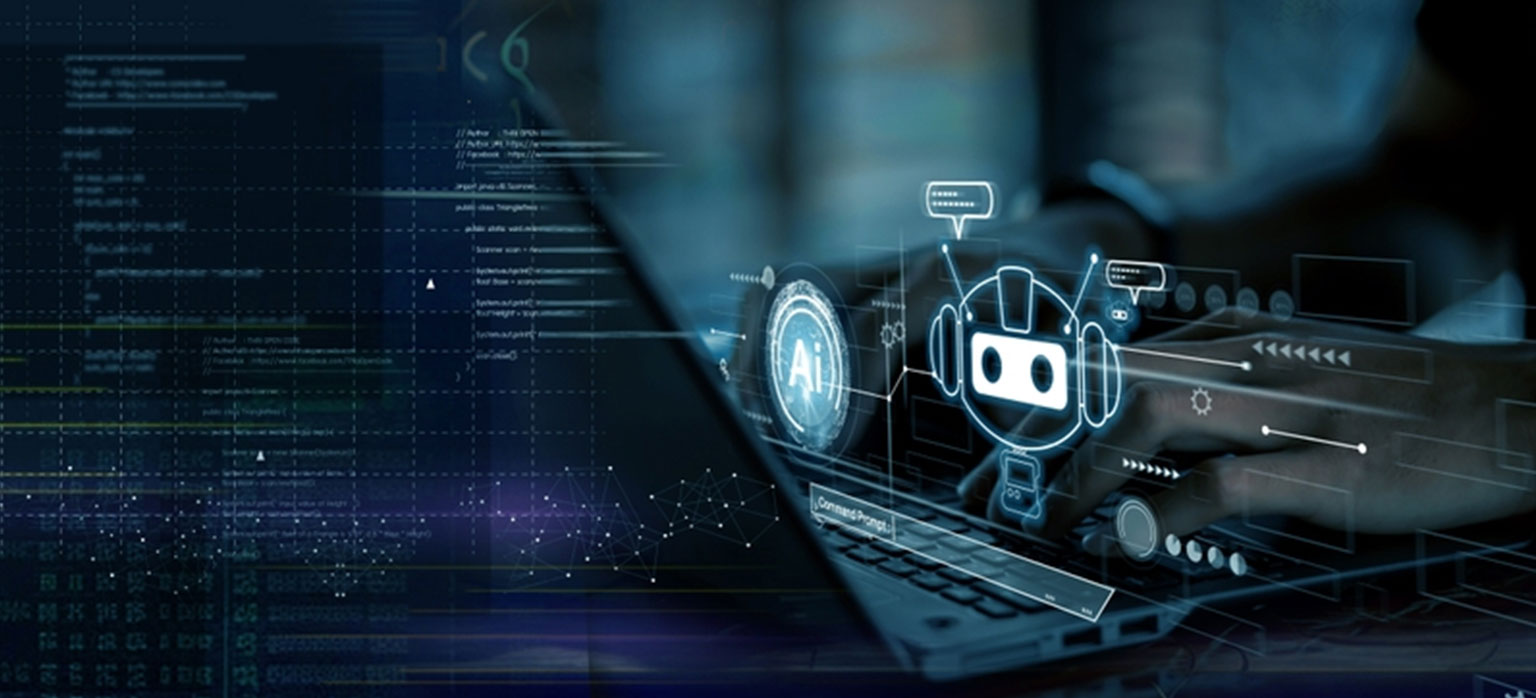In recent years, Artificial Intelligence (AI) has taken enormous strides, transforming various industries and revolutionizing the way we interact with technology. OpenAI, an organization committed to ensuring that AI benefits all of humanity, has been at the forefront of ethical AI development. In this blog, we will delve into the advancements made by OpenAI in the field of ethical AI development and the challenges that lie ahead.
Advancements in Ethical AI Development by OpenAI:
1. Encouraging Responsible AI Use: OpenAI recognizes the potential harm that AI systems can cause if not developed responsibly. With this in mind, they actively promote the responsible use of AI technology to mitigate risks and protect users.
2. Fairness and Bias Mitigation: OpenAI prioritizes fairness in AI development, ensuring that AI systems do not perpetuate biases along lines of gender, race, or other sensitive attributes. Through extensive research and data analysis, OpenAI aims to create AI systems that treat all individuals fairly.
3. Transparency and Explainability: OpenAI emphasizes explainability in AI systems, aiming to make them more transparent and understandable to both developers and end-users. This transparency enables accountability and facilitates the identification of potential biases or errors.
4. Ethical Decision-Making: OpenAI is actively researching ways to imbue AI systems with ethical decision-making capabilities. By incorporating ethical frameworks, AI can prioritize and align its actions with human values, ensuring the system’s actions remain ethical and accountable.
Challenges in Ethical AI Development:
1. Data Privacy: As AI systems depend heavily on data, ensuring privacy becomes a paramount concern. OpenAI actively addresses privacy challenges by implementing robust data protection measures to safeguard users’ personal information.
2. Bias Recognition and Mitigation: Despite significant progress, recognizing and mitigating biases in AI systems remains a challenge. OpenAI continues to invest in research and development to actively identify and address biases, striving to make AI systems fair and unbiased.
3. Accountability and Regulation: Ensuring accountability for AI systems is crucial. OpenAI supports the establishment of regulations and guidelines for the use and development of AI to prevent unethical practices and protect against potential harm.
4. Ethical Dilemmas: As AI becomes more autonomous, it raises ethical dilemmas. OpenAI is actively exploring ways to address these dilemmas, developing AI systems that can understand, interpret, and resolve ethical conflicts in a manner consistent with human values.
Conclusion:
OpenAI’s efforts to advance ethical AI development have pushed the boundaries of responsible and fair AI systems. By promoting transparency, mitigating biases, and prioritizing ethical decision-making, OpenAI sets a new standard for the development and use of AI technology. However, challenges persist, including privacy concerns, bias recognition, and the need for accountability. With continued research and collaboration, OpenAI is well-positioned to overcome these challenges and create a future where AI benefits all of humanity responsibly and ethically.




